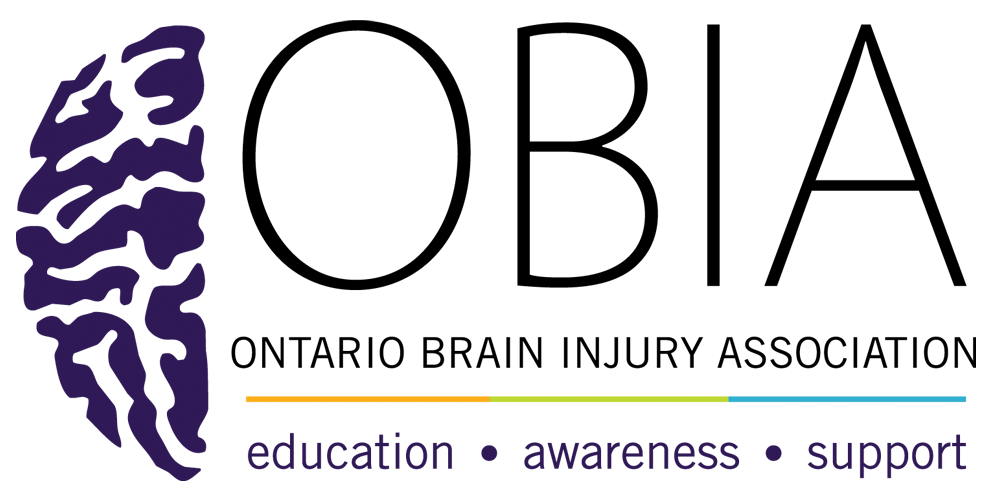Quick Facts
- A lack of emotional control refers to difficulties with managing/withholding urges
- Emotional control is an executive function, regulated by the frontal lobes
- Can occur in mild, moderate, and severe brain injuries
What does it
look like?
- Moving from one emotional state to the other very quickly and to the extreme (called emotional lability)
- Become angry quickly
- Uncontrolled laughing, crying, anger, and fearful responses
- Appearing self-centered
Possible Causes and Complications
Possible causes:
- Damage to the frontal lobes, or areas of the brain that regulate emotion (i.e. limbic system)
- Lack of awareness or insight to the impact of their injury
- Managing grief and loss within oneself and between loved ones
- Making comparisons to former self
Possible complications:
- Poor emotional regulation can further reduce cognitive functioning
- Symptoms can increase in combination with other conditions (e.g. anxiety, depression, substance misuse)
- May have a negative impact on relationships
- Reduced self-esteem and/or embarrassment
-
What can we do?
- Remain calm and balance understanding with being directive in your response
- Encourage the person to take a break; leave the situation when possible and return later
- Encourage the use of relaxation techniques throughout the day
- Support the individual to plan, prioritize, and pace prior to activities, particularly ones that are highly stimulating, unfamiliar, or overwhelming
- Redirect the individual by changing the topic or the activity
- Support other individuals to understand and ignore challenging behaviours
- Have self-compassion and set healthy boundaries with these behaviours
- Be mindful of your own self-care; don’t feel guilty if you attend an activity that the person in unable to
- Monitor possible triggers such as overstimulation, stress, and fatigue
- Medication and counselling can help with coping and stabilizing mood
Disclaimer: This information is not meant to replace advice from a medical doctor. Consult a health care provider regarding specific medical concerns or treatment.

